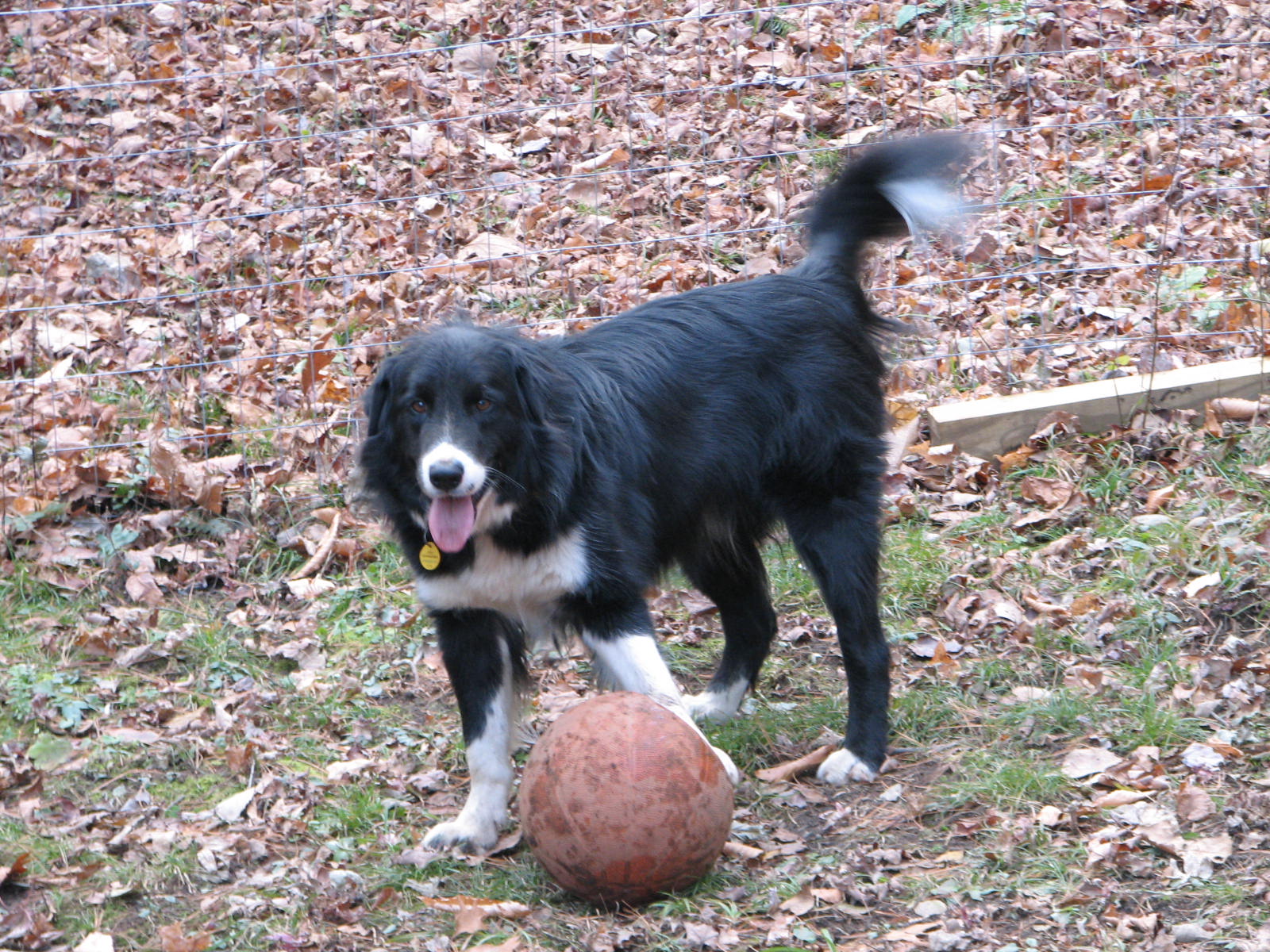“It has already been demonstrated that an essential element of organizations is the willingness of persons to contribute their individual efforts to the cooperative system…the contributions of personal efforts which constitute the energies of organizations are yielded because of incentives. The egotistical motives of self-preservation and of self-satisfaction are dominating forces; on the whole, organizations can exist only when consistent with the satisfaction of these motives.” Chester Barnard, The Functions of the Executive
The quote above came from a book on management, written in the 1930’s. That self-preservation and self-satisfaction guide our choices is as true today as it was then.
This presentation by Daniel Pink looks at research which shows how important self-direction is when we want more than just rudimentary skills development.

I am not suggesting that all guidelines for behavior be eliminated, but that when we give our dogs the opportunity to consider a challenge, and allow them the freedom to come up with a solution, it might just be one that works.
Early on in our life together I wanted Sunny to learn a ‘recall’. This was hard for a dog with little comfort being near people. One day I discovered that when I called Sunny to come to me instead of coming to me, or running away from me, he sat down, and he remained sitting until I approached and got him back on leash. This was his solution to the challenge, and it worked for both of us. I got what I needed and Sunny was able to perform within his comfort and skill zone. Today Sunny has a recall. When it became a behavior which was not fraught with stress and anxiety, it was very easy to teach with treat or play rewards.
When provided with a level of autonomy, even without the incentive of an extrinsic reward, we can see an improvement in performance quality. When we see a decrease in performance quality in dogs what we often observe is aggression. It is this aggression which ultimately leads to a death sentence for many fearful dogs. Preventing this aggression should be at the top of the list for any handler of fearful dogs. Punishing a dog for being aggressive rarely works as well as providing a dog with the opportunity to develop the skills they need to come up with other solutions to solve the challenge of being scared.





